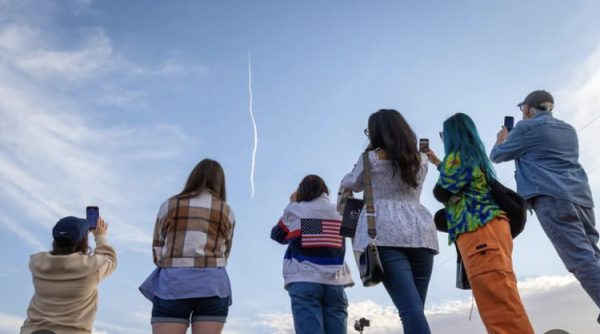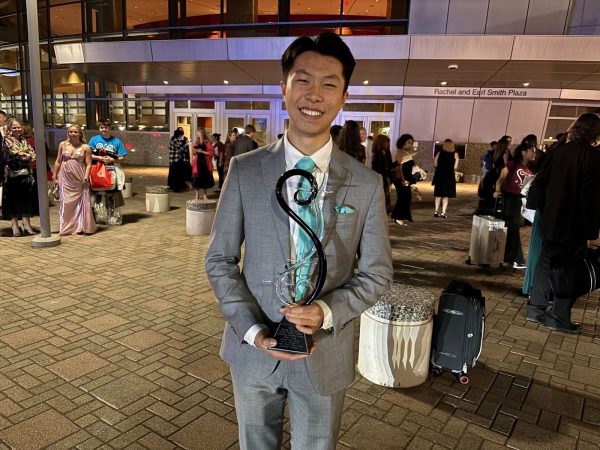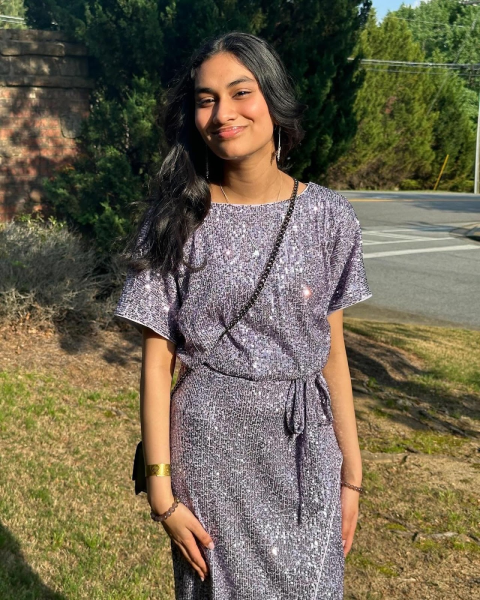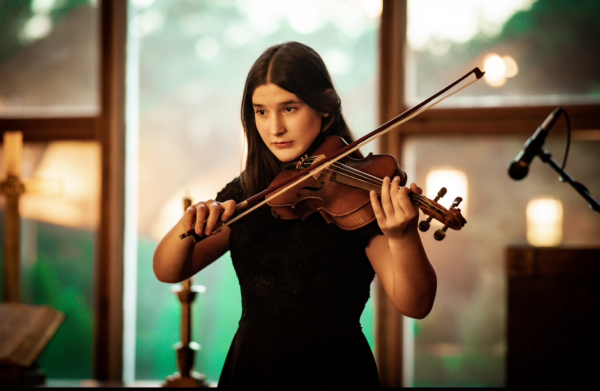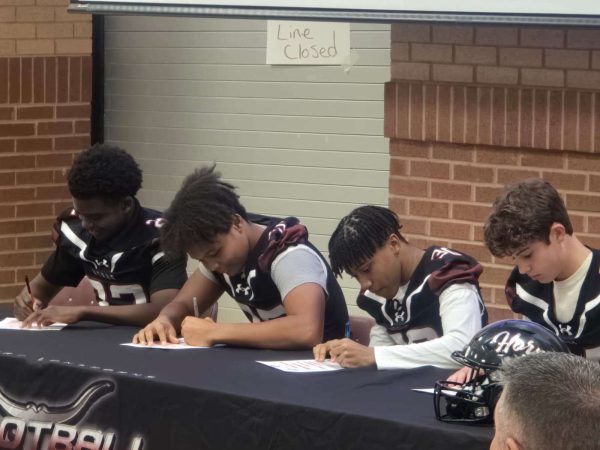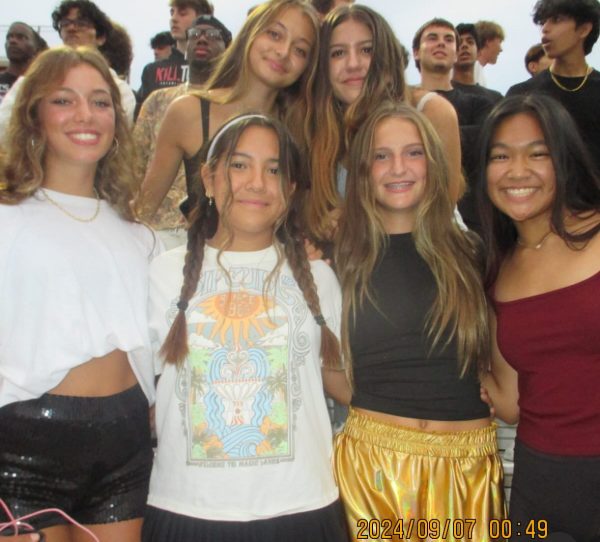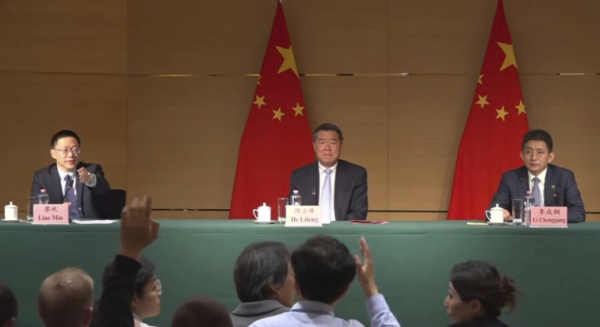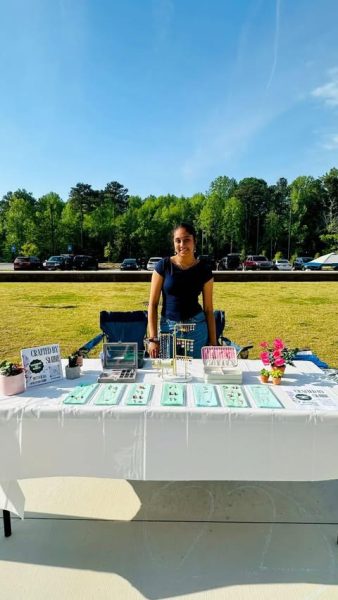Veganning of Ending Speciesism
Josefa Wulf and Annabel McGannon, 11th graders at Lambert High School, were interviewed about being vegan for an in-depth profile on students’ lifestyles.
Veganism’s simplified definition is abstaining from animal products (dairy, leather, meat, etc.) due to the exploitation and cruelty of animals. The two students previously mentioned have excluded animal produce from their way of living due to various reasons.
Both Josefa and Annabel believe that the vegan lifestyle helps to lessen global problems facing society today. The lifestyle can reduce climate change, world hunger, heart disease, and speciesism (the assumption of human superiority leading to the exploitation of animals).
“The meat and dairy industry is bad for the environment, bad for the animals, and hurts your health,” Annabel said.
There is so little humans have total control over in their lives, but what we put into our body is a choice. Annabel, during an angsty eighth-grade phase, decided to go vegan to counter social norms, as she was already grossed out from meat, which eased the transition. Practicing veganism for one week made her feel healthier than ever before, so she decided to research it. Through Netflix and Safari Documentaries, she found many cons about animal products that outweigh the pros.
“Antibiotics are used on animals, so when someone consumes chicken, they’re consuming harmful antibiotics. Also, eating dairy means eating the unnecessary suffering of an animal.” Annabel stated.
Another student, Josefa, became vegan through educating herself. By watching videos on YouTube on the making of McDonald’s chicken nuggets, she knew dairy must come through animals’ pain in some capacity. She researched resources meat, and dairy farming requires, the amount of grain (10 pounds of grain to produce one pound of meat), water (45 billion gallons of water a day for cows), and land (56 million acres of land) to produce one pound of meat. This information made her feel sick about how she was torturing the earth. She then uncovered studies that prove humans do not need animal products to survive, and that they instead damage human health. Josefa realized that eating animal products after her findings would now not come from ignorance but intentional, harmful choices.
“I don’t like animal suffering. I don’t think they must suffer so people can get vitamins when they have other sources,” Josefa stated.
Some YouTube videos (by individuals like Earthling Ed, Netflix documentaries such as What The Health!) have exposed the meat and dairy industry and convinced students to go vegan. Veganism is a crucial part of their lives, and the students desire to discuss this injustice with others and have open-minded discussions about Longhorn students’ passions.
“Being vegan is a compassionate lifestyle as it ends wishes to stop [the] suffering of all beings,” Josefa remarked.
Your donation will help support The Lambert Post, Lambert High Schools student-run newspaper! Your contribution will allow us to purchase equipment and cover website hosting costs.



